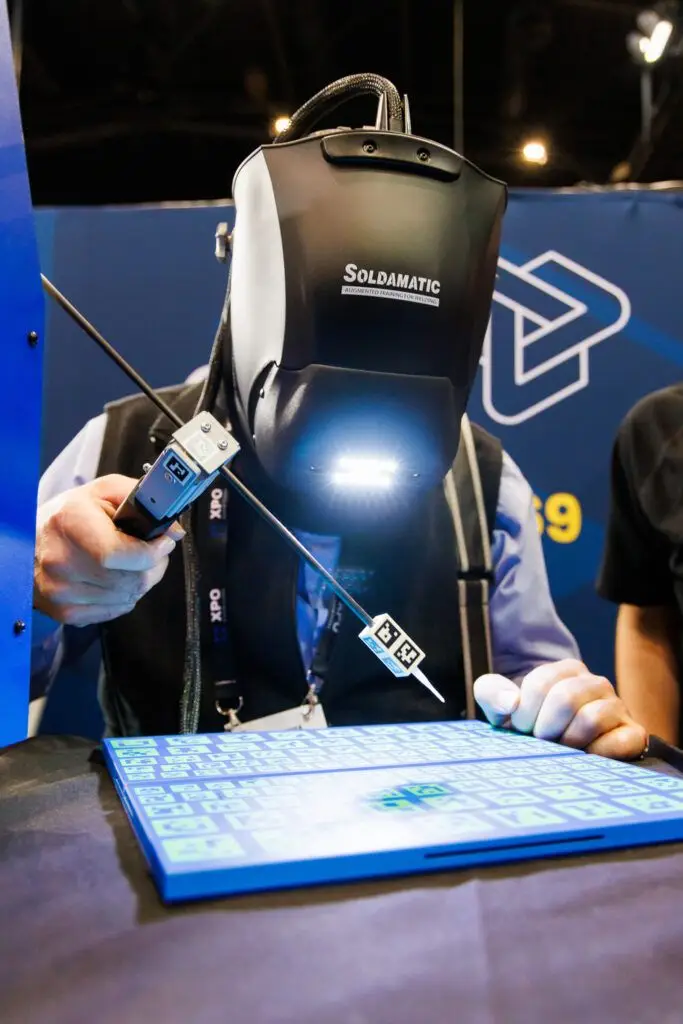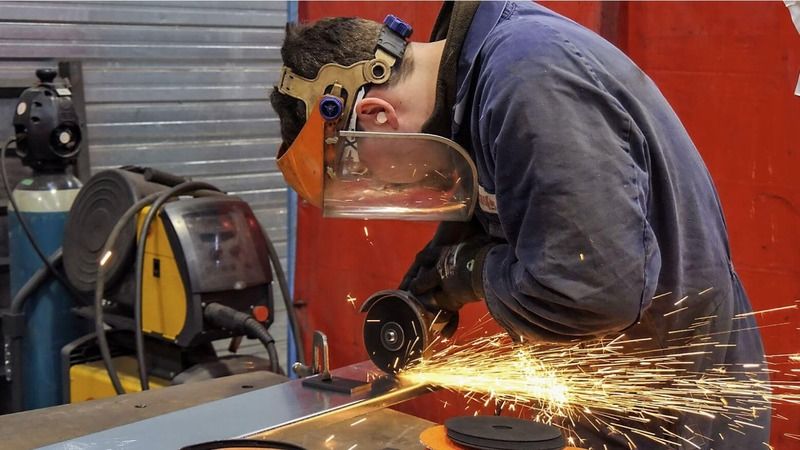e ngineering
a brighter future
fun fact
CRUISE CONTROL WAS INVENTED BY BLIND MECHANICAL ENGINEER RALPH TEETOR
Job Prospects

4year
APPRENTICESHIP
$90K
AVERAGE ANNUAL SALARY* FOR QUALIFIED MECHANICAL ENGINEERS
*careers.govt.nz
“Will AI replace mechanical engineers?”
It is a scary question, but Artificial Intelligence (AI) is rapidly transforming industries, and mechanical engineering is no exception. The integration of AI into mechanical engineering promises to reshape the landscape of design, manufacturing, and maintenance.
With its deep roots in various sectors like automotive, aerospace, and energy, mechanical engineering remains a cornerstone of technological advancement. However, as AI continues to evolve, its role in this field becomes increasingly significant, prompting opportunities and challenges.


Chat with us about engineering apprenticeships, industry training programmes and specialised short courses: Whether you’re looking to start your journey to becoming a qualified mechanical engineer, host an ATNZ apprentice, or train your team through our top-tier engineering programmes, our team is here to guide you every step of the way.
AI is the simulation of human intelligence in machines programmed to think, learn, and make decisions. It encompasses a range of technologies, including machine learning, deep learning, and robotics, all of which contribute to machines’ ability to perform tasks traditionally requiring human intelligence. In mechanical engineering, AI optimises processes, predicts outcomes, and enhances design precision.

Mechanical engineers are pivotal in designing, developing, and maintaining mechanical systems and devices. Their expertise spans various industries, where they are responsible for ensuring that products and systems operate efficiently, safely, and sustainably.
Mechanical engineers use various tools and technologies to bring ideas to life, including CAD software, simulation software, and material analysis techniques.
AI transforms mechanical engineering by introducing advanced techniques and tools that optimise traditional processes. Generative design powered by AI can automatically generate multiple design iterations based on specific criteria, integrating with Finite Element Analysis (FEA) to optimise structural performance.
AI-driven machine learning models are now used in predictive maintenance, where they analyse real-time data to forecast equipment failures, reducing downtime and costs. Additionally, AI enhances smart machining by optimising tool paths, improving precision, and compensating for variables like thermal errors in machine tools.
These innovations allow engineers to focus on complex, creative tasks while leveraging AI for efficiency and precision.

AI brings numerous benefits to mechanical engineering, notably efficiency and productivity. By automating routine tasks such as data analysis and design simulations, AI allows engineers to focus on more strategic and creative aspects of their work.
AI significantly enhances engineers’ ability to develop complex systems like autonomous vehicles, smart grids, and robotic manufacturing with greater precision and efficiency. By integrating advanced AI-driven techniques such as real-time decision-making and predictive modelling, these systems can be designed and optimised faster, reducing costs and accelerating project delivery.
This allows engineers to focus on innovation while leveraging AI to handle intricate calculations and design iterations.

MECHANICAL
ENGINEERING

ENGINEERING
FABRICATION

REFRIGERATION AND
AIR CONDITIONING

MECHANICAL BUILDING
SERVICES
Despite its potential, AI has limitations that prevent it from completely taking over the role of mechanical engineers. AI struggles with tasks that require creativity, critical thinking, and the ability to navigate ambiguous scenarios, areas where human engineers excel. Integrating AI into existing systems can also present technical challenges, particularly regarding data compatibility and system interoperability. Ethical considerations, such as the reliance on AI for safety-critical decisions, also pose significant challenges.
The debate over whether AI will replace mechanical engineers is ongoing. While AI can handle specific tasks more efficiently than humans, it is unlikely to replace mechanical engineers completely.
The core functions of mechanical engineering, such as innovation, problem-solving, and the ability to manage complex projects, require human ingenuity and judgment. AI may take over repetitive and routine tasks, but the role of mechanical engineers in overseeing, guiding, and innovating within projects remains crucial.
The future of mechanical engineering is one where AI acts as a powerful tool rather than a replacement for engineers. AI will likely lead to new roles within the field, particularly in areas that intersect with other disciplines, such as robotics and mechatronics.
As AI becomes more integrated into engineering processes, engineers can take on more complex and creative tasks, pushing the boundaries of what is possible.
AI plays a significant role in the automation of manufacturing processes. In smart factories, AI-driven machines and robots perform tasks with precision and speed that surpass human capabilities. However, human oversight remains essential to ensure these processes are carried out safely and effectively, particularly in complex manufacturing environments.
Implementing AI in mechanical engineering presents several challenges. Technical challenges include the integration of AI systems with existing technologies and managing the vast amounts of data required for AI to function effectively. Additionally, there may be resistance from the workforce as AI-driven tools become more prevalent, necessitating retraining and upskilling. Legal and regulatory hurdles also need to be addressed, particularly in industries where safety and compliance are paramount.

Mechanical engineers have access to a growing array of AI tools that enhance their capabilities. AI-driven CAD software, for instance, allows for more efficient design processes, while AI in finite element analysis and computational fluid dynamics enables more accurate simulations. These tools not only improve the quality of designs but also reduce the time required to develop and test new products.
Applying AI to mechanical engineering is not about replacing engineers but about empowering them to do more. AI will enhance mechanical engineering by automating tasks and enabling engineers to focus on innovative solutions.
This collaboration will drive progress in areas like sustainable design and autonomous systems. Engineers will need to adapt, continually learn, and consider ethical implications as they navigate the evolving role of AI in their field.
Chat to us about doing an engineering apprenticeship – Our team is here to help you understand the process and get started on your path to becoming a qualified engineer.
Chat to us about hosting an ATNZ apprentice – If you’re an employer interested in hosting an apprentice, we can guide you through the process and match you with the right candidate.
Chat to us about ATNZ training your apprentice – Enhance your current workforce by providing your team members with top-tier training through our apprenticeship programmes.
ATNZ delivers the New Zealand Certificate in Mechanical Engineering (Advanced) Level 5. This programme aims to develop highly skilled tradespeople with advanced technical skills and supervisory capabilities. It prepares graduates to significantly contribute to business success and competitiveness in mechanical engineering, construction, manufacturing, fabrication, refrigeration, air conditioning, and mechanical building services.
AI may automate certain tasks, but the creative and problem-solving aspects of mechanical engineering will likely remain human-driven.
AI is particularly promising in areas such as predictive maintenance, design optimisation, and quality control.
By continually learning new skills, particularly in AI and related technologies, and focusing on tasks that require human ingenuity.
AI simplifies routine tasks but introduces complexity in terms of data management and system integration.
AI may shift job roles, with new opportunities arising in AI-integrated engineering fields.
